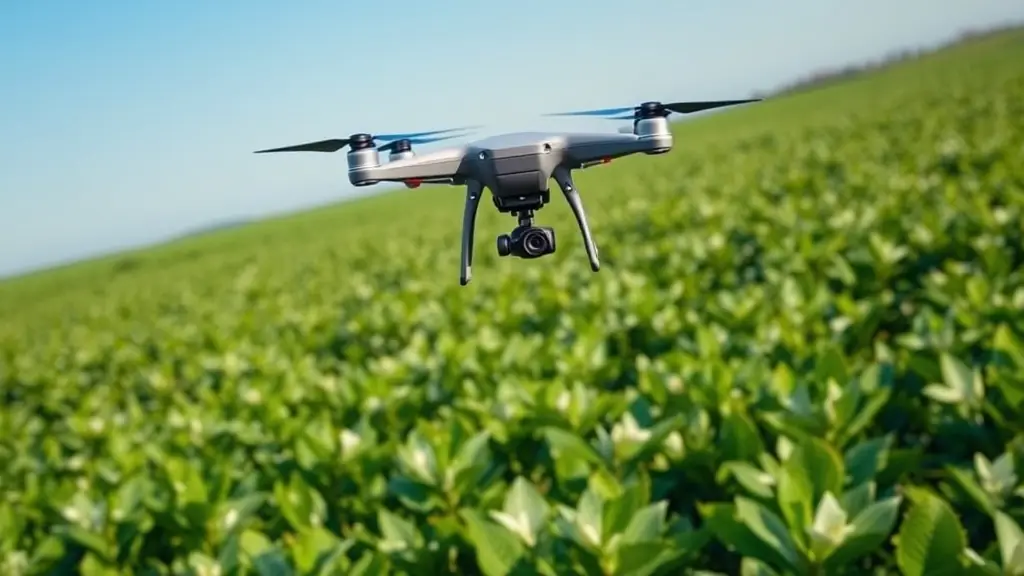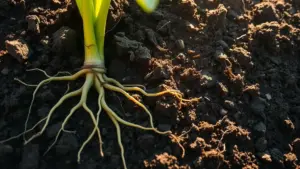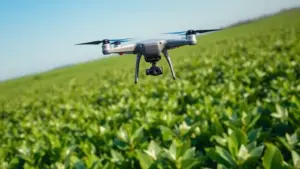Precision agriculture is transforming the way farmers approach crop production. By utilizing advanced technologies, farmers can optimize resource allocation, leading to significant improvements in yield and efficiency. This approach involves the careful monitoring and analysis of various factors, such as soil conditions, weather patterns, and crop health, to tailor agricultural practices to specific needs. One key aspect of precision agriculture is the use of GPS-guided equipment. This technology allows for precise application of fertilizers, pesticides, and water, minimizing waste and maximizing the effectiveness of these inputs. Furthermore, sensors and drones provide real-time data on crop health, enabling farmers to identify and address potential issues early on, preventing significant losses. The integration of data analytics plays a crucial role in precision agriculture. By analyzing data collected from various sources, farmers can gain valuable insights into their operations. This data-driven approach allows for informed decision-making, leading to optimized resource management and improved profitability. Ultimately, precision agriculture is a sustainable and efficient approach to farming, contributing to increased crop yields and reduced environmental impact.
Innovative Solutions for Pest Management in Kosovo
Agrimatco Kosovo is committed to providing farmers with innovative and sustainable solutions for pest management.




